From this requirement, equipping pedagogical students with capacity requires a major step forward, from teaching digital capacity to in-depth training in AI (artificial intelligence) pedagogical methods.
Prof. Dr. Huynh Van Son - Principal of Ho Chi Minh City University of Education: "Adaptability - Creativity - Humanity" - requirements for teachers in the digital age
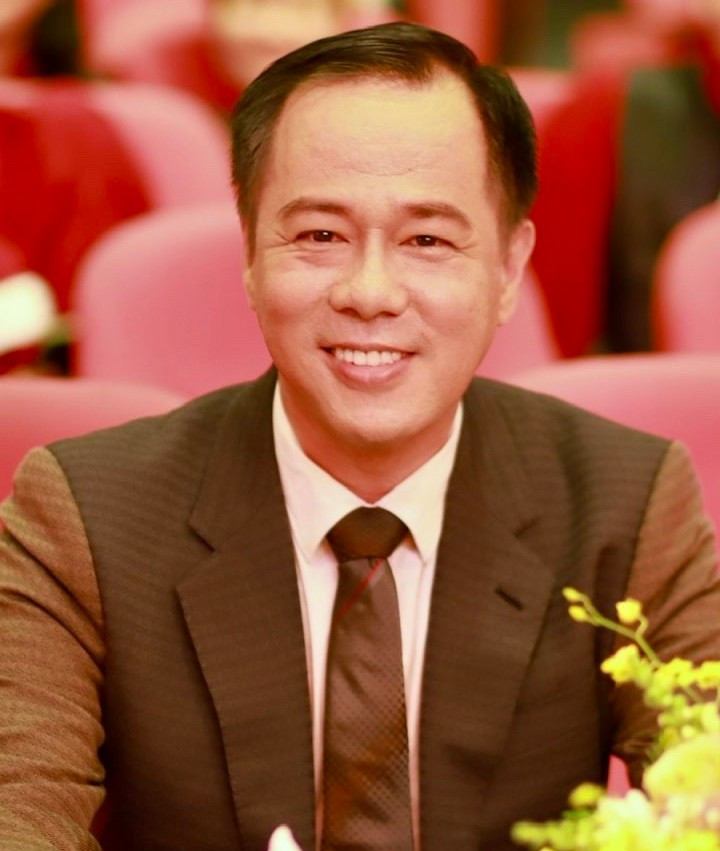
In the context of the 4.0 industrial revolution, especially the wave of digital transformation, teachers not only impart knowledge, but also have to create a digital learning environment, lead learning inspiration, and orient the future for learners in a rapidly changing world .
Becoming a “digital teacher” is an inevitable requirement in the era of educational innovation. A teacher needs to possess three elements: Proficiency in technology, proactive change, and upholding human values. It is not simply the skill of using software and digital technology, but also the ability to think digitally, design multi-platform learning experiences, and even the ability to “read” students’ emotions through a “cold” screen that seems difficult to truly reflect the learner in an online classroom.
Digital teachers need to know how to listen in the world of data, ignite emotions with technical tools, and know how to “sow” personality through each virtual interaction. Teachers no longer stand on the podium, but “touch” students’ minds with technology, exploit technology, use technology, master technology, and encourage students to use technology with skills, responsibly, and ensure ethical use…
Nowadays, a teacher can not stand in class but still be “present” on all learning devices, from phones to tablets. Digital presence is not simply a technique, but also the art of managing online learning spaces, regulating digital lessons, and deeply interacting through technology platforms. Digital Presence is an urgent and present requirement.
Not only must teachers be able to skillfully use teaching aids, but more importantly, they must know how to turn digital classrooms into creative, humane, and truly interactive spaces. Technology is just a tool. The teacher is the soul of the classroom, whether in real or virtual space.
A key characteristic of a digital teacher is the spirit of continuous learning. Teachers need to proactively update their knowledge, explore new technologies, and integrate digital into the educational process. This is an era where “students learn faster than teachers”. Therefore, teachers are forced to go ahead, or at least accompany students on the journey to access new knowledge.
One of the biggest concerns when education shifts to the digital space is the risk of losing humanity and emotion in the classroom. Therefore, digital teachers must not only master technology, but also master emotions, maintain connections, and care for the psychology of learners. Teachers need to be an emotional support in the midst of chaotic information flows, someone who knows how to touch hearts with simple words, someone who nurtures trust through each response and question.
Modern students have different learning needs; some are good at languages, some are visual or kinesthetic. In the digital environment, teachers need to have the ability to use technology to design appropriate learning paths, integrating diverse content, multiple modes of expression and assessment. This is not just a technical skill, but a modern pedagogical ability, combining understanding of student psychology, using learning data, and differentiated classroom management skills.
Dr. Ton Quang Cuong - Head of the Faculty of Educational Technology, University of Education (Vietnam National University, Hanoi): Equipping future teachers with learning methods and teaching thinking with AI
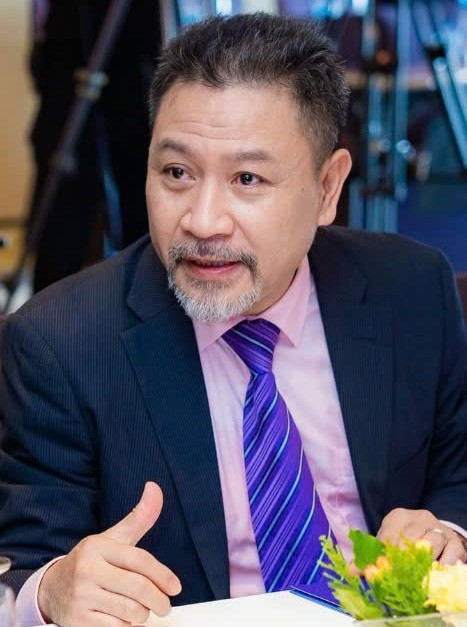
Artificial Intelligence (AI) has emerged as an impact factor, requiring urgent transformation in the education sector. AI is not just about tools, solutions, or integration platforms, but also requires research and new positioning for “digital pedagogy, AI pedagogy”.
In essence, it is a balance to implement educational and pedagogical activities in the current context based on the “partnership” of AI technology and the “autonomy” of users.
With the emergence of non-traditional educational models based on digital technology platforms, especially AI, the relationships between teachers - learners, learners - learning content, methods - learning needs are changing profoundly, towards personalization and flexible learning experiences. The way of building and implementing educational programs is increasingly oriented towards "teaching design" and "learning experiences" to adapt to the constantly emerging needs...
Overall, the new competencies identified for teacher education students are digital pedagogy (to use AI responsibly, ethically and effectively) and the ability to design learning experiences with AI (to promote autonomy, self-determination and complex problem-solving skills for learners). Therefore, teacher education students need to be trained to have new thinking about teaching, teaching methods, professional development based on lifelong learning and the ability to proactively adapt.
Faced with that requirement, teacher training colleges need to take strategic actions and have specific implementation plans, truly considering AI as a new “agent” with an active role in the process of teacher training for student teachers. AI is not only a tool, a solution, an assistant, but also an “agent” and “partner” actively participating in the process of construction and co-creation to solve new problems in pedagogical activities.
A new way of thinking about pedagogical approaches that increasingly focus on the ability to self-determine, orient, and adjust the learning process of learners based on technology that goes beyond physical limits is also something that should continue to be researched and comprehensively integrated into the program content and training methods. The pedagogical movement in teacher training institutions today needs to focus on equipping future teachers with how to learn with AI, how to think about teaching with AI, not letting AI do it for them.
Mr. Ngo Huy Tam - education expert, Master of Curriculum Design, University of Houston (USA): Building a comprehensive competency framework for pedagogical students

A teacher of the future needs to be shaped by a multidimensional competency framework, including: Deep and interdisciplinary expertise; digital competency and AI competency (data and information mining; communication and collaboration in digital environments; digital content creation; digital safety and security; problem solving in digital environments); AI application; essential soft skills of the 21st century, including: Critical and creative thinking, communication and collaboration, emotional intelligence - EQ; adaptability and lifelong learning; ethical qualities, love for the profession.
Equipping student teachers with the skills to teach digital skills requires a major leap from teaching digital skills to providing in-depth training in AI pedagogy. The Ministry of Education and Training’s Digital Skills Framework (Circular No. 02/2025/TT-BGDDT) sets a common foundation that is necessary for all learners.
However, for pedagogical students, this is only a necessary condition. The sufficient and decisive condition is specialized pedagogical competence in an AI environment. This competence is not just knowing how to use ChatGPT or other tools, but also knowing how to teach with those tools.
This includes the ability to design prompts that stimulate critical thinking rather than just searching for answers; the ability to guide students in evaluating and improving AI-generated content; and the ability to build tests and assessments that are both “AI-proof” and creatively leverage AI to measure higher-order thinking abilities.
This specialized pedagogical competency is what differentiates a proficient user of technology from an effective educator in the digital age. Therefore, training programs need to go beyond the generic digital competency framework to develop in-depth modules and practical activities on AI Pedagogy.
It can be said that in the context of AI reshaping the future of global education, Vietnam needs a strategic vision and drastic actions to turn challenges into opportunities, raising the status of teachers and the quality of the entire education system. To realize this vision, synchronous and drastic policies are needed at the macro level. Below are five strategic recommendations for the Ministry of Education and Training and relevant agencies:
Firstly, it is necessary to urgently research and promulgate an official AI Competency Framework specifically for educators, including both pedagogical students and teachers. This will be a fundamental legal document, guiding the comprehensive innovation of training programs in pedagogical schools and teacher training programs nationwide.
Second, it is necessary to build a national project, similar to projects on high-tech development or semiconductor industry, to invest heavily and focus on digital infrastructure, AI laboratories, and programs to attract and train AI experts for leading pedagogical universities. This is an urgent task to ensure high-quality human resources capable of leading the digital transformation process of the entire industry, realizing the ambitious goals of Decision 131/QD-TTg.
Third, instead of just organizing centralized training courses, it is necessary to learn from the successful model of Finland to build in-service training programs according to the network model. Accordingly, a core team of teachers in the localities will be trained intensively, then become mentors, support and spread experiences to colleagues right in their schools. This model helps create sustainable change, spreading more quickly.
Fourth, the State should play a leading role in investing in building a national digital learning repository and encouraging and funding the development of open-source educational AI tools. These tools should be rigorously tested for quality, pedagogy, and ethics before being widely disseminated. This will ensure equitable access to technology for all schools, while avoiding dependence on proprietary, expensive, and potentially data-security-risk commercial solutions.
Fifth, the proliferation of generative AI requires a fundamental change in the concept of testing and assessment. The Ministry of Education and Training needs to research and issue new regulations and guidelines on the use (or non-use) of AI in learning, assignments and exams. The focus of assessment activities needs to shift from testing the ability to memorize knowledge to assessing higher-level competencies such as problem-solving, critical thinking, creativity and collaboration - competencies that AI cannot replace.
Digital education is not about replacing teachers with machines, but about giving teachers new power - the power to personalize each student's development journey.
A teacher in the digital age needs to master technology, maintain humanistic qualities, and connect the new generation with the faith, understanding, and heart of a true teacher. To do that, each teacher needs to step out of their comfort zone, become an active learner, a flexible designer, and a true inspirational leader. - Prof. Dr. Huynh Van Son
Source: https://giaoducthoidai.vn/doi-moi-dao-tao-su-pham-chuan-hoa-nang-luc-cho-ky-nguyen-so-post756806.html








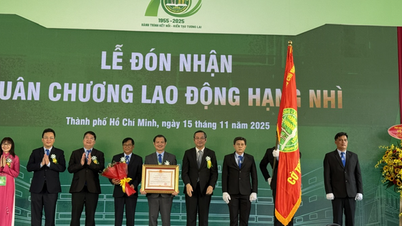

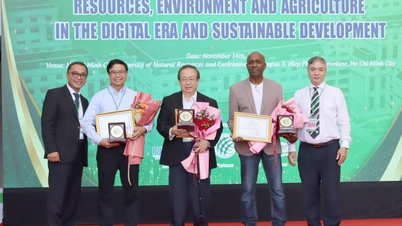

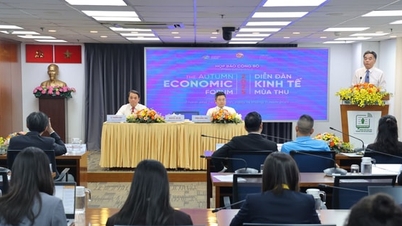


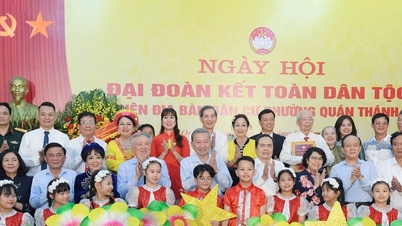





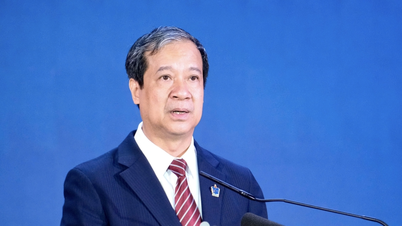












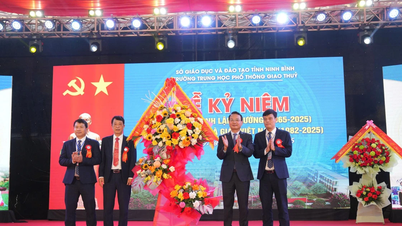
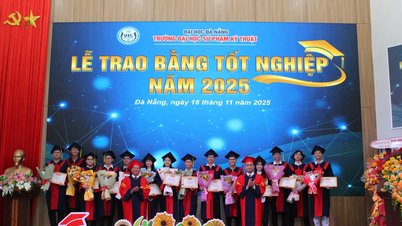
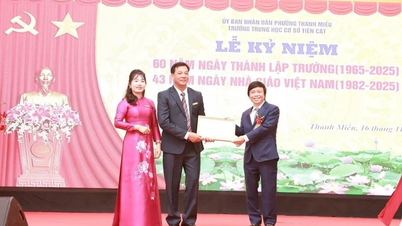
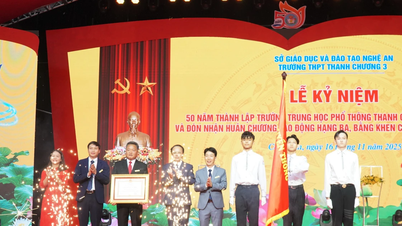










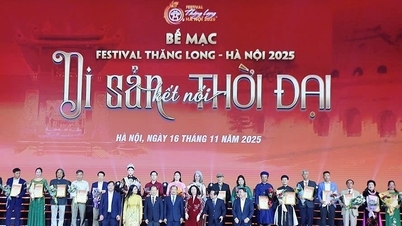




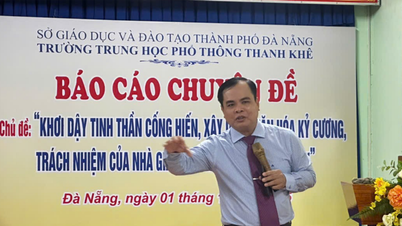


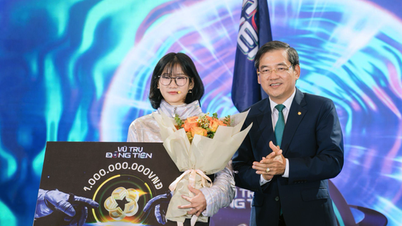



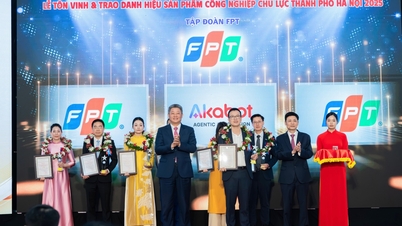






























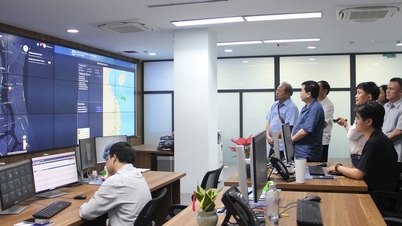







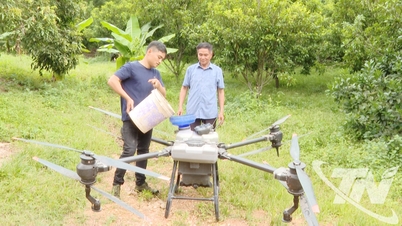












Comment (0)